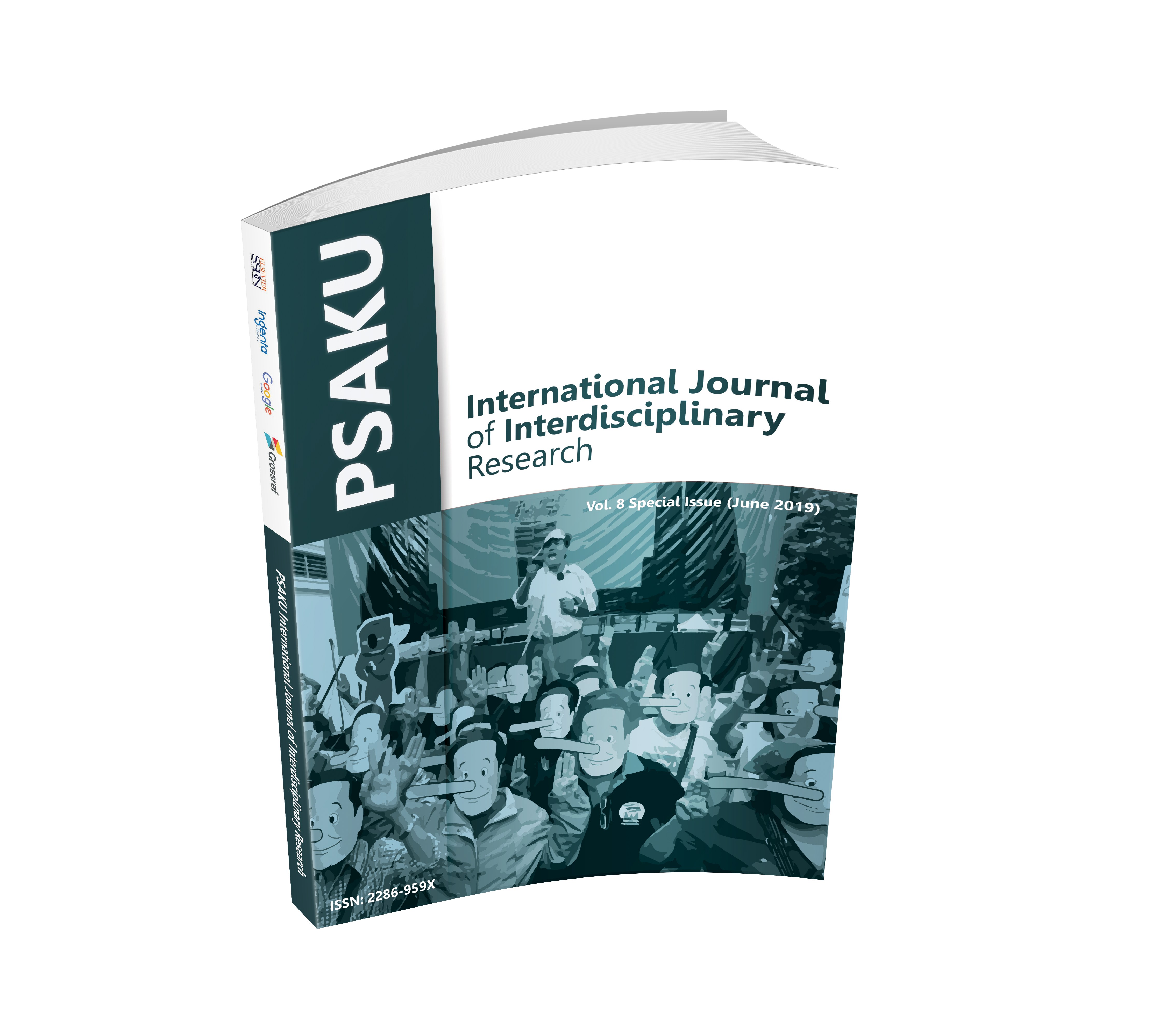Fiscal Autonomy in Revenue Collection of Local Administrative Organizations in Special Economic Zones, Thailand
Keywords:
Fiscal Autonomy, Special Economic Zones, Income CollectionAbstract
This article is aimed to 1) study the sources of income of local administrative organizations in the Special Economic Zones Area, 2) study fiscal autonomy in revenue collection of local administrative organizations in the Special Economic Zones and 3) study and analyze the guidelines for enhancing fiscal autonomy in the storage of corporate income. a qualitative study method was employed as method to analyze related documents. In-depth interviews from key informants and observation without participation were used. The results of the study showed that the income of the local government organization comes from the collected tax by government taxes and government grants causing no fiscal autonomy because they have to rely mainly on income from the government in terms of tax collected only 10-13 percent. Therefore, if the local government organization in the Special Economic Development Zone is independent of fiscal, income must come from the ability to collect taxes and set a tax base on their own especially taxes arising from the use of local resources such as environmental taxes foreign labor fees, service fees / travel fees.
Downloads












.png)


